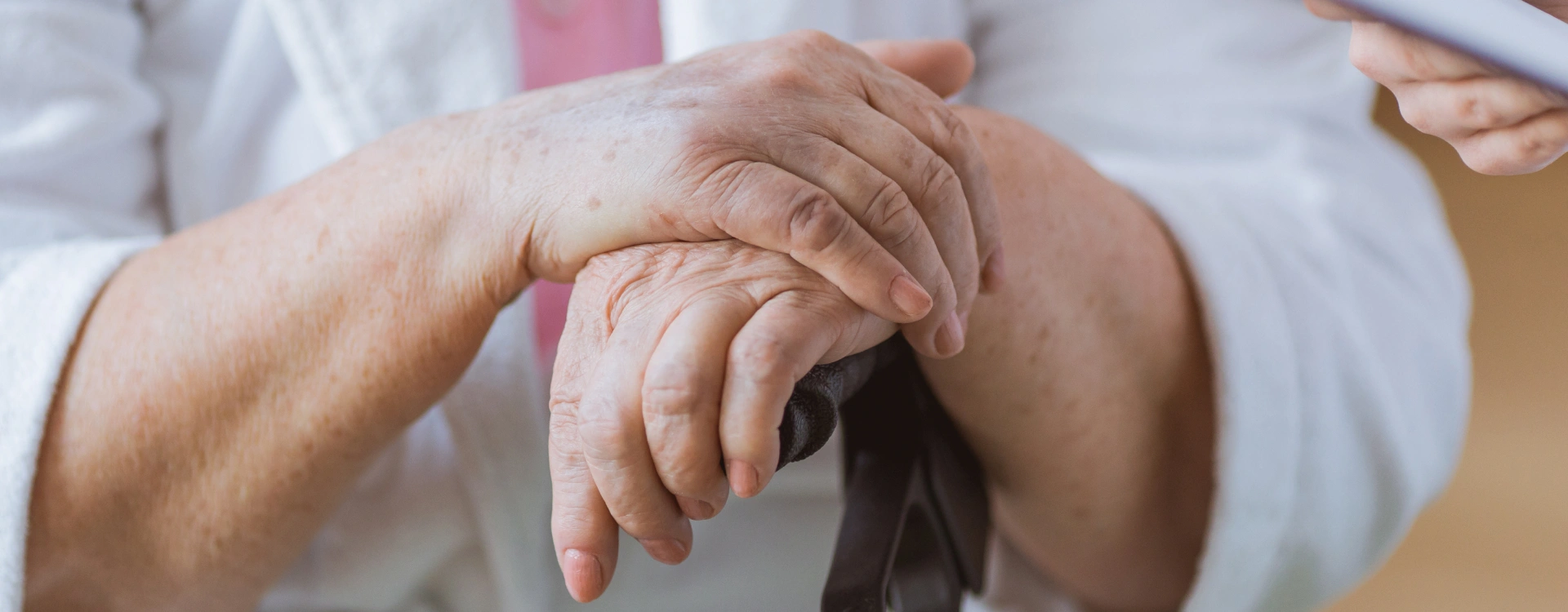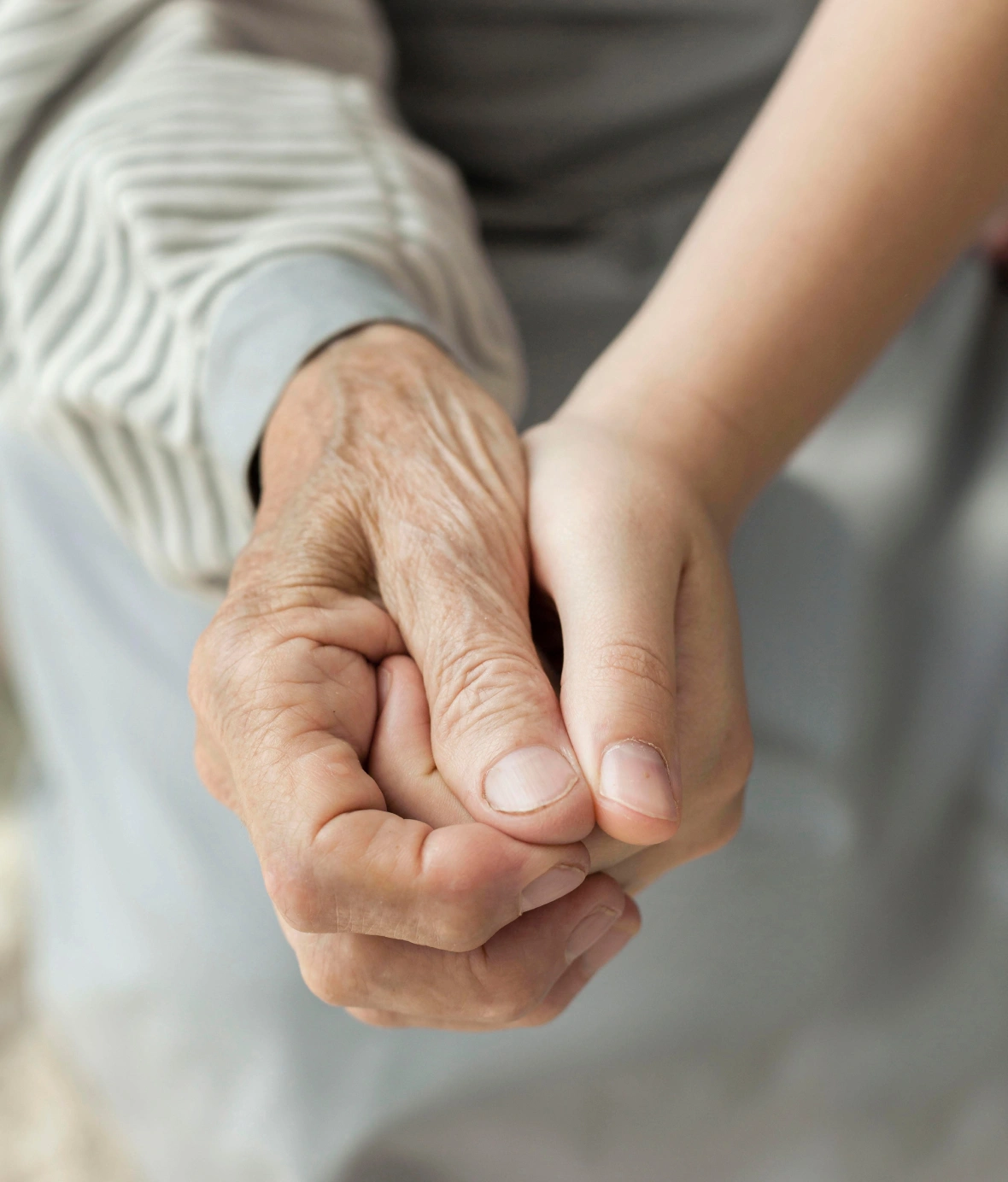Best Parkinson’s Disease Treatment in Gurugram

Parkinson’s disease is a progressive neurological disorder that affects movement, muscle control, and balance. At Painflame, we provide specialized Parkinson’s disease treatment in Gurugram, focusing on non-surgical therapies to manage symptoms, improve mobility, and enhance overall well-being. Parkinson’s disease occurs due to dopamine deficiency in the brain, leading to tremors, muscle stiffness, slowness of movement, and balance issues. While there is no cure, early intervention and personalized therapy plans can significantly improve daily function and slow disease progression.
Our holistic approach includes physiotherapy, manual therapy, movement rehabilitation, and balance training to help patients maintain independence. By enhancing mobility, muscle strength, and coordination, we aim to improve quality of life. We also focus on posture correction, lifestyle modifications, and stress management to support long-term well-being.
If you or a loved one is experiencing Parkinson’s symptoms, our specialists at Painflame can create a personalized treatment plan to improve movement, stability, and overall comfort.
Common Causes of Parkinson’s Disease
Loss of Dopamine-Producing Brain Cells
Parkinson’s disease occurs due to the degeneration of dopamine-producing neurons in the brain’s substantia nigra. Dopamine is essential for smooth movement control, and its loss leads to motor symptoms like tremors and stiffness.
Genetic & Environmental Factors
While most Parkinson’s cases are not hereditary, certain genetic mutations can increase the risk. Environmental factors like exposure to pesticides, heavy metals, and head trauma have also been linked to Parkinson’s development.
Oxidative Stress & Neuroinflammation
Chronic oxidative stress and inflammation in the brain can damage nerve cells and accelerate Parkinson’s progression. Managing inflammation through diet and therapy may help slow the disease.
Gut-Brain Connection & Toxins
Recent research suggests that Parkinson’s may start in the gut, with toxins, gut bacteria imbalance, and digestive issues contributing to disease onset. A healthy gut may play a role in managing symptoms.
Early Symptoms of Parkinson’s
Parkinson’s symptoms develop gradually and worsen over time. While occasional tremors or stiffness may seem harmless, early diagnosis and therapy can help slow disease progression and improve function.
Common Early Signs of Parkinson’s
- Tremors in the hands, fingers, or chin, even at rest
- Muscle stiffness that limits movement and flexibility
- Slowed movements (bradykinesia) making daily tasks difficult
- Postural instability and balance problems
- Small, shaky handwriting (micrographia)
Serious Symptoms That Need Immediate Medical Attention
- Frequent falls or difficulty walking
- Severe speech difficulties or cognitive issues
- Uncontrollable shaking or rigidity affecting daily life


Effective Parkinson’s Disease Treatment at Painflame
At Painflame, we focus on non-surgical, evidence-based therapies to help patients regain mobility, improve posture, and enhance muscle control. Our customized rehabilitation programs address both motor and non-motor symptoms of Parkinson’s disease.
Our Parkinson’s Treatment Methods
- Physiotherapy & Movement Rehabilitation – Helps improve flexibility, balance, and walking ability.
- Manual Therapy & Muscle Relaxation Techniques – Reduces stiffness and enhances joint mobility.
- Posture & Gait Training – Helps correct posture imbalances and prevent falls.
- Hand Therapy & Fine Motor Skill Training – Improves dexterity and grip strength.
- Speech & Swallowing Therapy – Helps manage speech difficulties associated with Parkinson’s.
Our experts design personalized treatment plans to help Parkinson’s patients maintain independence, confidence, and quality of life. Book a consultation today for specialized Parkinson’s care.
How to Manage Parkinson’s Disease
While Parkinson’s is progressive, adopting healthy habits and lifestyle changes can help slow its progression and improve overall function. Here are some expert-recommended strategies to manage symptoms effectively.
Stay Active & Exercise Regularly
Gentle movements like walking, yoga, and tai chi improve coordination and flexibility.
Maintain a Balanced Diet
Eating antioxidant-rich foods like berries, nuts, and leafy greens can help protect brain cells.
Practice Speech & Hand Exercises
Regular voice training and fine motor exercises improve speech and hand movement.
Use Adaptive Aids
Walkers, grab bars, and ergonomic utensils can improve safety and ease daily tasks.
Manage Stress & Sleep Well
Meditation, deep breathing, and a regular sleep routine help improve overall well-being.

Frequently Asked Questions
What causes Parkinson’s disease?
Parkinson’s is caused by the loss of dopamine-producing brain cells, which affects movement control. Factors like genetics, environmental toxins, and oxidative stress may contribute.
What are the early signs of Parkinson’s?
Early symptoms include tremors, muscle stiffness, slow movement, posture instability, facial masking, and small handwriting. Seeking early treatment helps manage symptoms better.
Can Parkinson’s disease be cured?
There is no cure for Parkinson’s, but specialized therapy, exercise, and lifestyle changes can help slow progression and improve daily function.
How does physiotherapy help Parkinson’s patients?
Physiotherapy improves balance, posture, and mobility by using exercises that enhance flexibility, strength, and coordination, helping patients move with confidence.
When should I seek treatment for Parkinson’s?
If you experience tremors, stiffness, difficulty walking, or balance problems, it’s important to seek early intervention for the best symptom management and quality of life.

